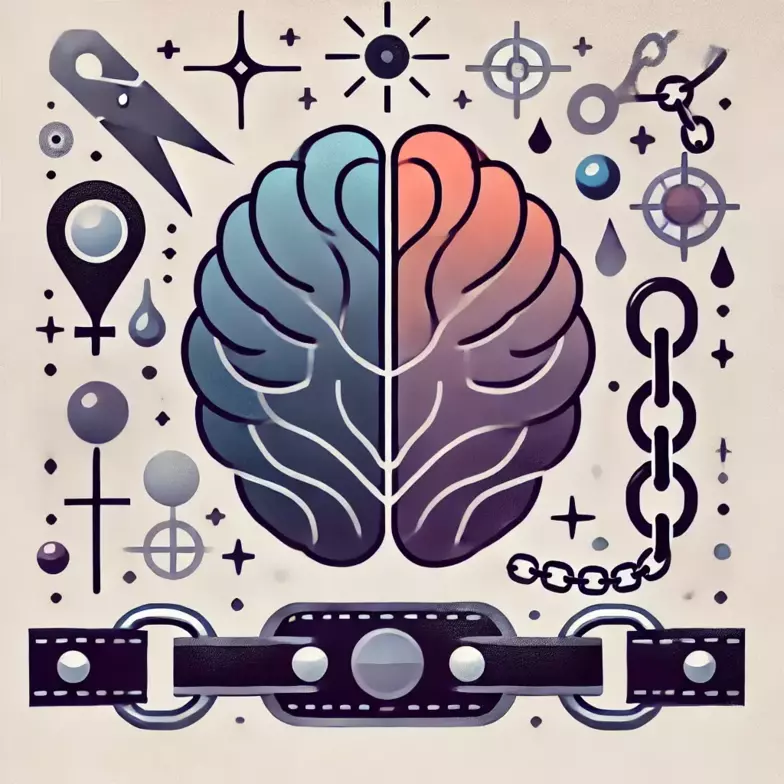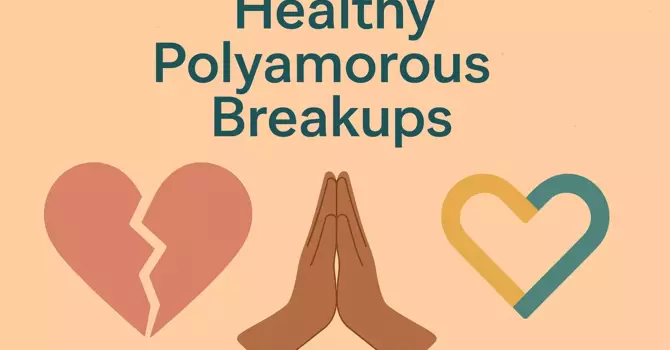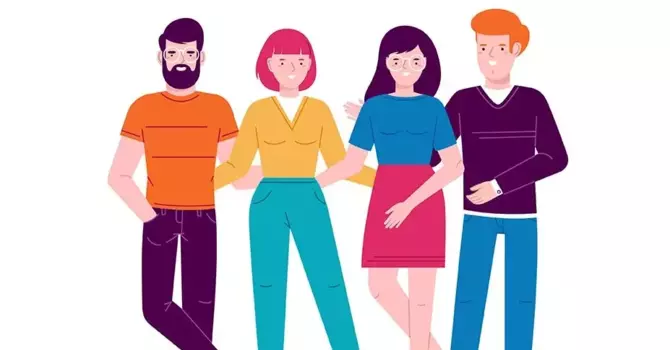
Exploring the Connection Between Mental Health and the Kink Community
In a world that often embraces conformity, it can be difficult for people to find spaces where individuality is celebrated. For many within the kink lifestyle community, this space goes beyond exploration and sexual freedom—it’s a place where their true selves can be expressed, validated, and supported.
What many don’t realize is that the connection between kink and mental health runs much deeper. Kink can often serve as a form of self-care, a way to process trauma, or even a therapeutic tool for emotional regulation and personal growth.
Kink as a Pathway to Healing
For those who have experienced trauma, marginalization, or rejection, the kink community can offer a unique environment of healing. Practices like bondage, impact play, or role-playing create a safe and consensual space to confront and explore one’s deepest emotions. Far from being solely about pleasure, kink can lead to emotional release and empowerment.
For some, reclaiming control of their bodies in these settings offers a chance to rewrite the narrative of past traumas on their own terms. This kind of empowerment can be transformative, helping individuals feel more in tune with themselves and more confident in their personal journeys.
The Power of Consent and Communication
Central to the kink community is the emphasis on consent. In a world where boundaries are often disregarded, the focus on explicit, informed consent in kink is revolutionary. This practice teaches participants the importance of setting boundaries, advocating for their needs, and respecting others’ autonomy.
The ongoing communication and mutual respect required in kink relationships offer valuable lessons that extend beyond the community. These tools are essential for maintaining healthy, respectful relationships in every aspect of life.
Support and Community
The kink community is about more than just play—it’s about connection. For many, finding a tribe of like-minded individuals who understand and accept them is life-changing. This sense of belonging can combat feelings of isolation and self-doubt, especially in a society that often stigmatizes kink.
In a community built on open communication, respect, and mutual understanding, individuals can feel free to be their authentic selves, which is a key component in maintaining mental wellness.
The Role of Mental Health Professionals
Mental health challenges like anxiety, depression, and PTSD are prevalent within the kink community, just as they are in broader society. However, the community’s focus on communication and support can help address these issues in constructive ways. Working with kink-aware therapists who provide non-judgmental support is crucial. They can help individuals navigate the complexities of mental health while embracing their authentic kink identities.
At Inclusive Therapy Group, we recognize the deep connection between mental health and the kink lifestyle. Our compassionate, kink-affirming therapists are here to support you on your journey. Read more on our blog today and take the first step toward embracing your true self.
Cited References:
Exploring the prevalence and characteristics of self-labelled identity, coping, and mental health among BDSM-practicing adults in the United States





